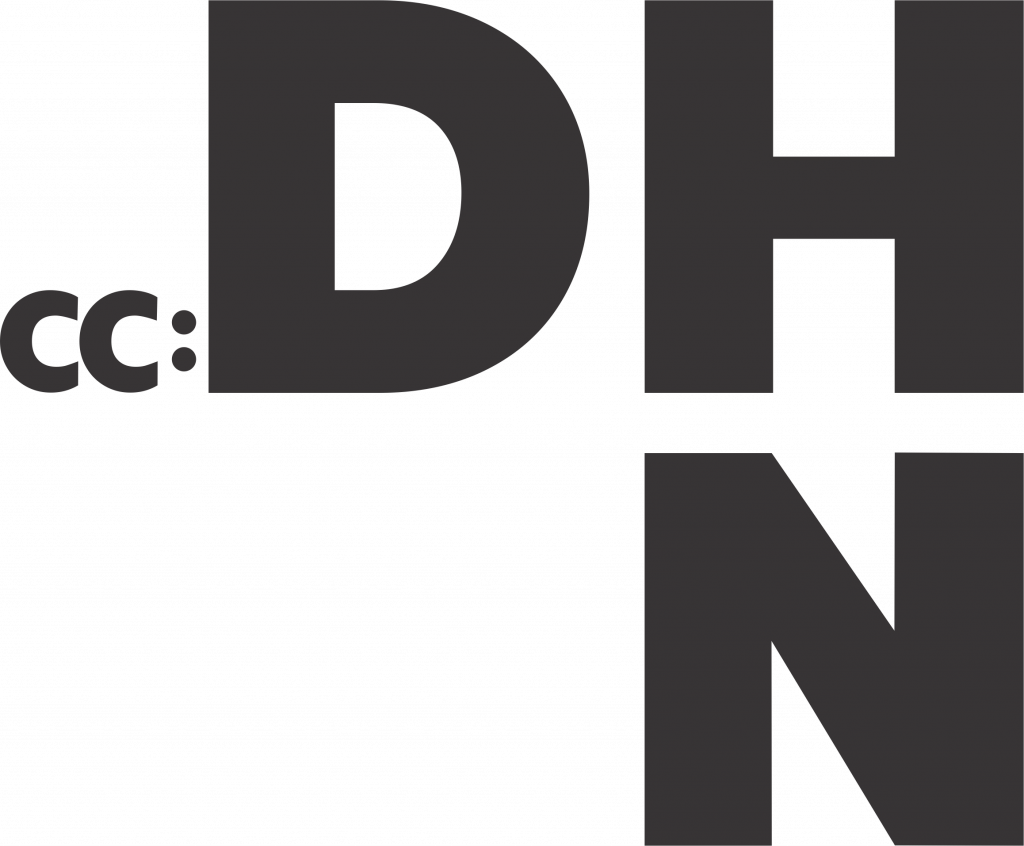
- Cet évènement est passé.
Approaching Media Archaeology from a Digital Humanities Perspective: Introduction, Tools, and Techniques

Event Language
EnglishFormat
in person/face-à-faceDates: May 12th to May 15th, 2025
Instructors: Arun Jacob and Paula Sanchez Nuñez de Villavicencio
Description: This workshop enables participants to examine the ways in which media archeology works as an effective research methodology for Digital Humanities (DH) scholarship, as its simultaneous focus on larger media infrastructures, such as globalized corporate entities networking with nation-states, alongside the detailed histories and bureaucratic materials generated by specific media technologies and their data structures, make visible and legible the production and circulation of power within contemporary networks of media technologies. Extending from DH scholars such as Alan Liu (2012; 2013) and Matthew Kirschenbaum (2013), this course examines how media archeology is crucial to reckoning with the historical and ongoing targeting of marginalized and vulnerable individuals and populations, in particular those who are racialized and gendered, and sourcing what Ezikiel Dixon-Roman calls “hauntings” (2017) of technical progress, funding, data practices and other historical trajectories within contemporary media technologies.
As outlined by Erkki Huhtamo and Jussi Parikka, media archaeology is cross-disciplinary and nomadic, and its nimbleness and tolerance for multi-pronged analysis allow for a greater understanding of digital media’s “interactivity, navigability, and digital representation and transmission” (3; 2012). This flexibility and simultaneous attention to the invisible and visible, material and immaterial, make it well suited to understanding the particular data-driven algorithmic processes that define contemporary digital media and DH scholarship. The genealogies of power revealed through media archeologies, resulting from rival technologies vying for control, trace how the hegemon came to be, and ascend to the pole position of the socio-technical apparatus (Monea and Packer 2016). Media archeologies understood thus enables DH scholars to engage in inter-/cross-disciplinary conversations with scholars in science and technology studies, philosophy of science, DH and other disciplines.
Intended Audience:
This course is intended for a wide audience interested in learning about media archeology as a digital humanities method to approach questions of knowledge and power. We welcome undergraduates, graduate students, and faculty to explore techniques of analyses that integrate digital humanities tools with historical research.
